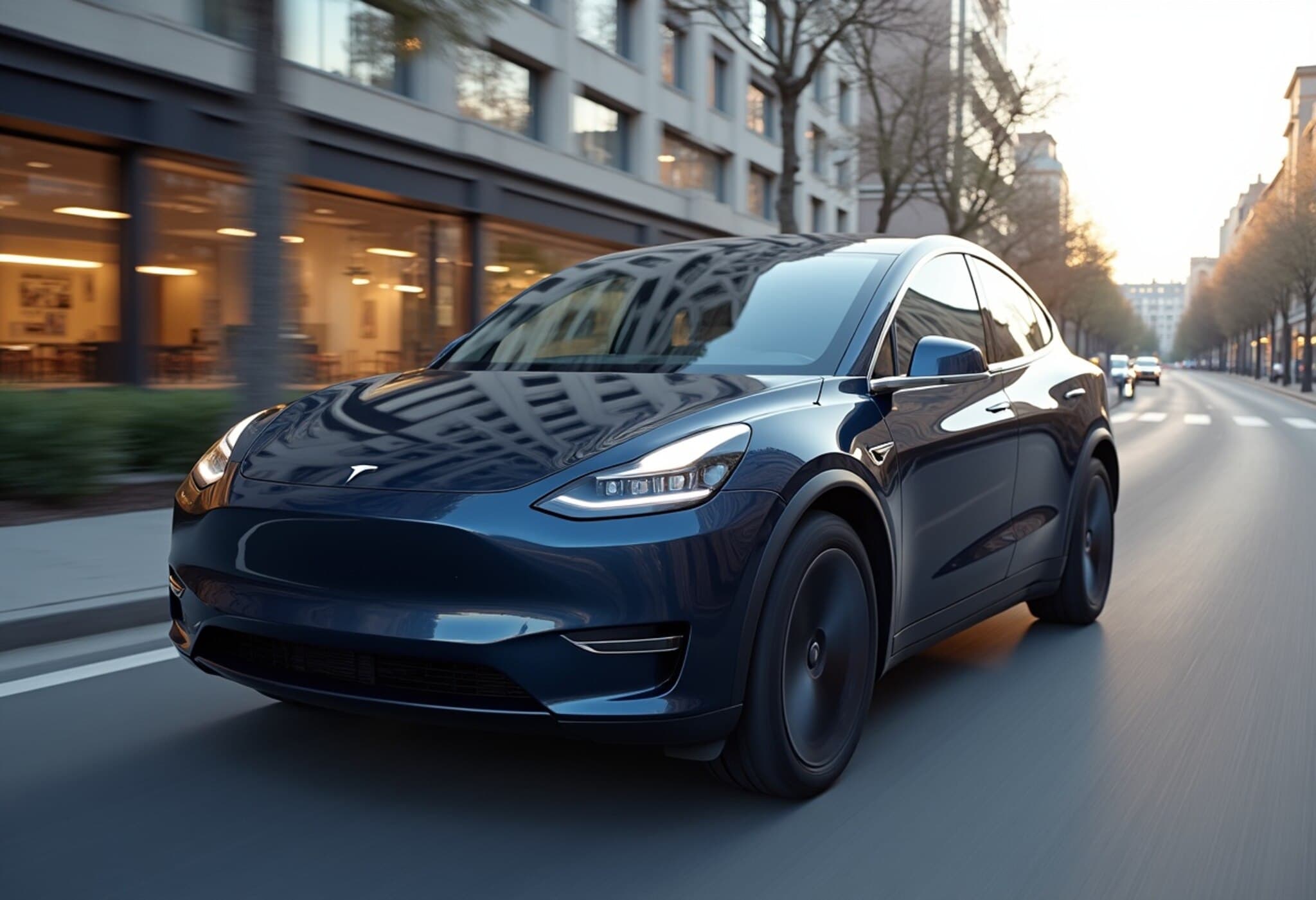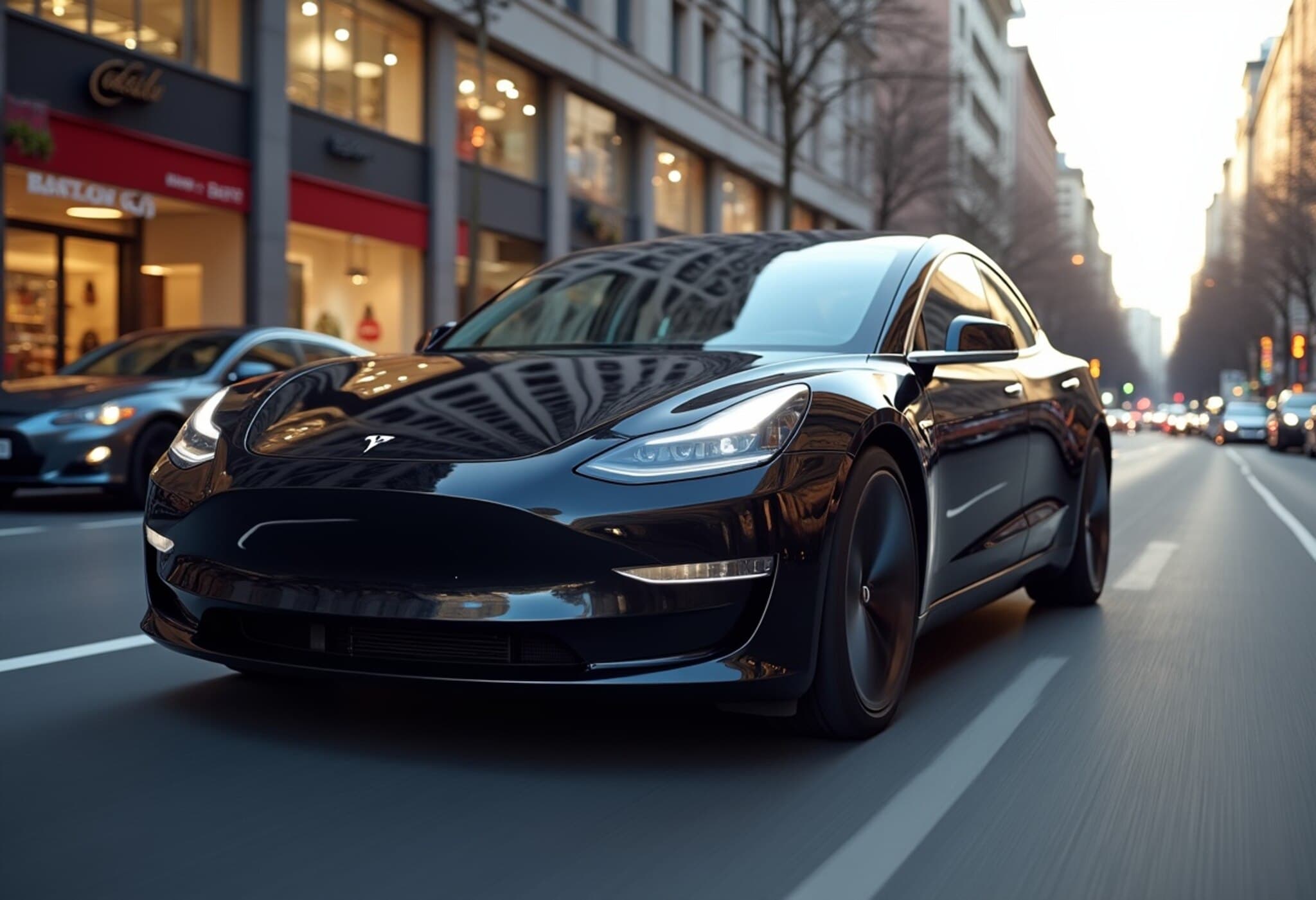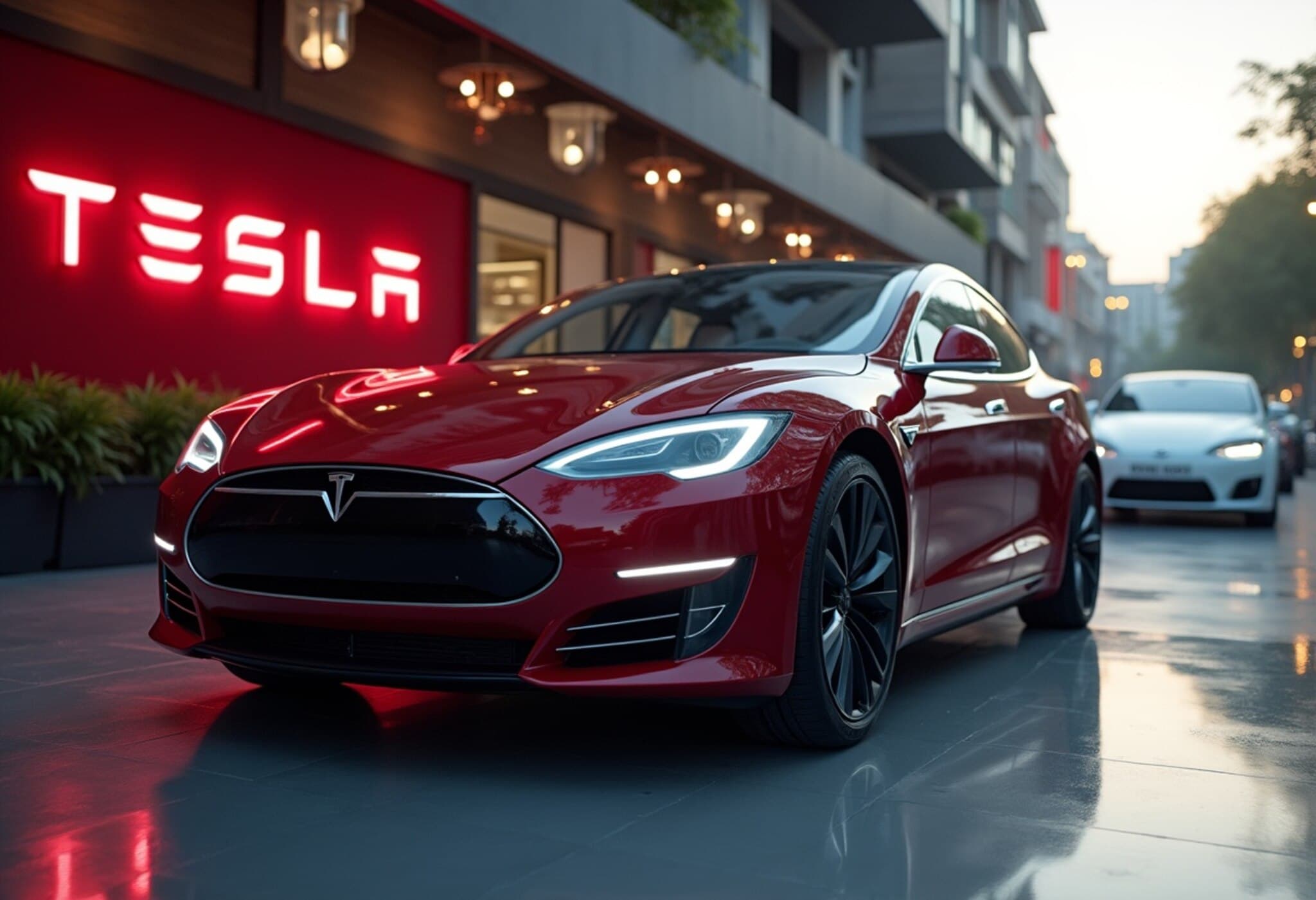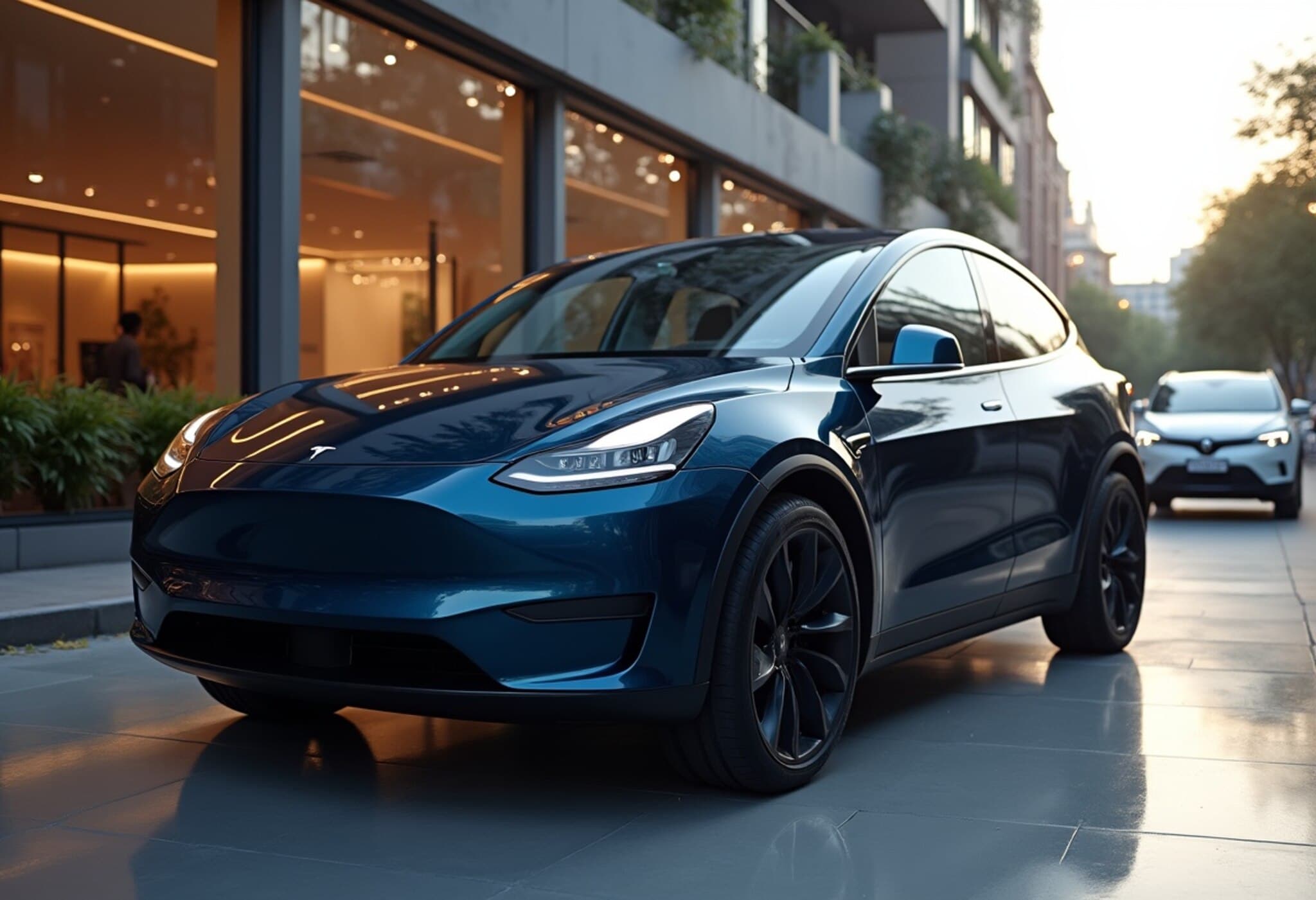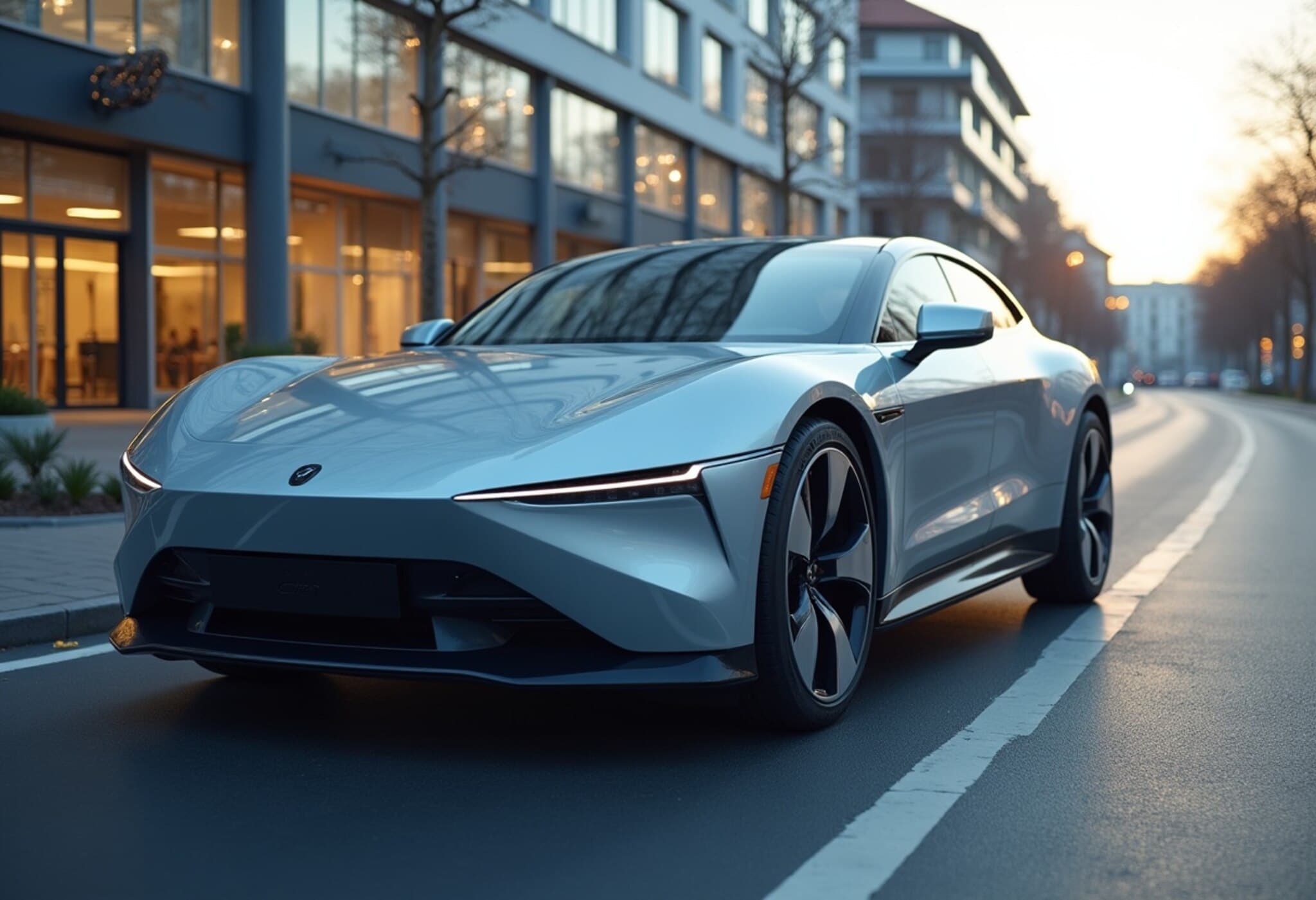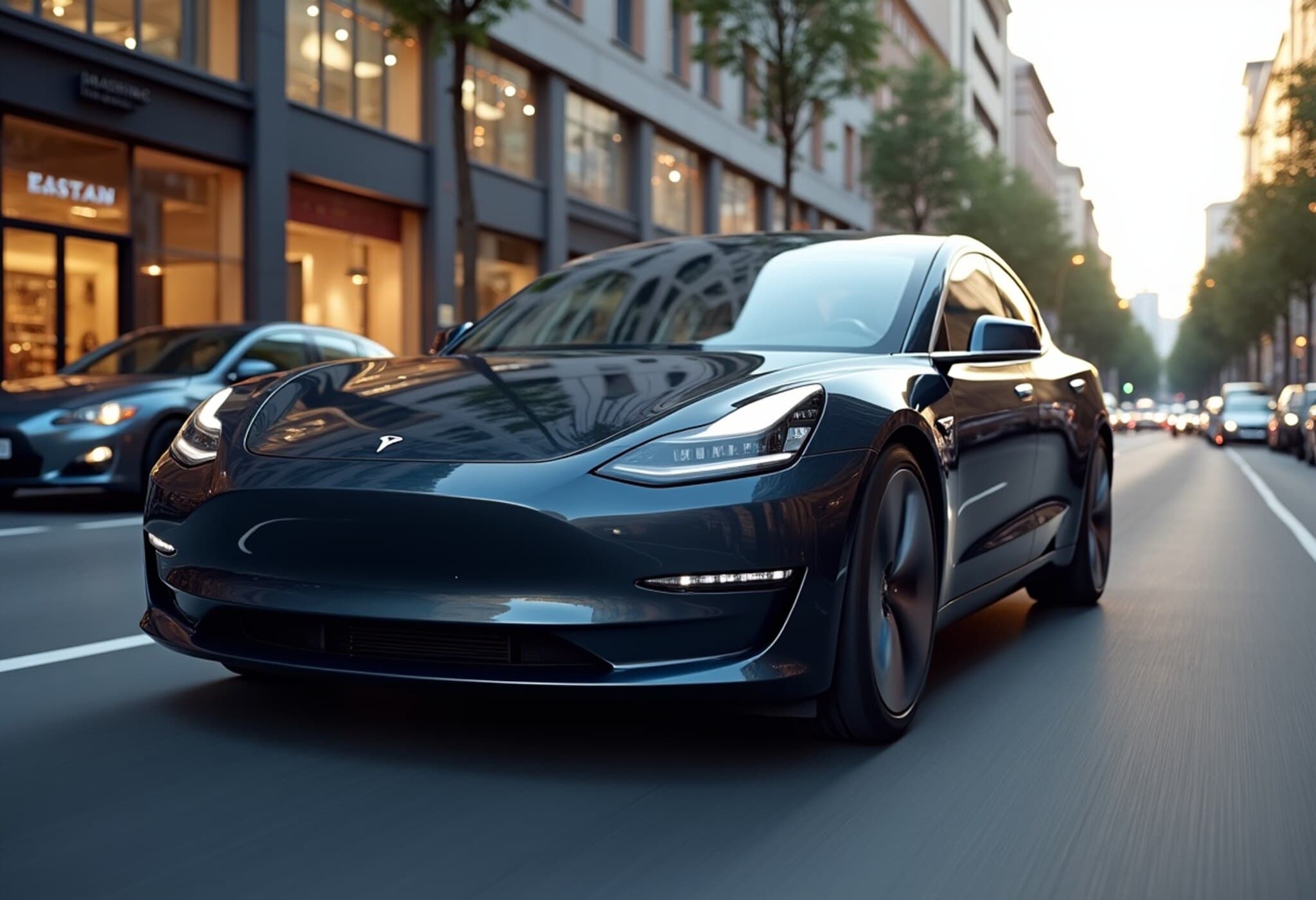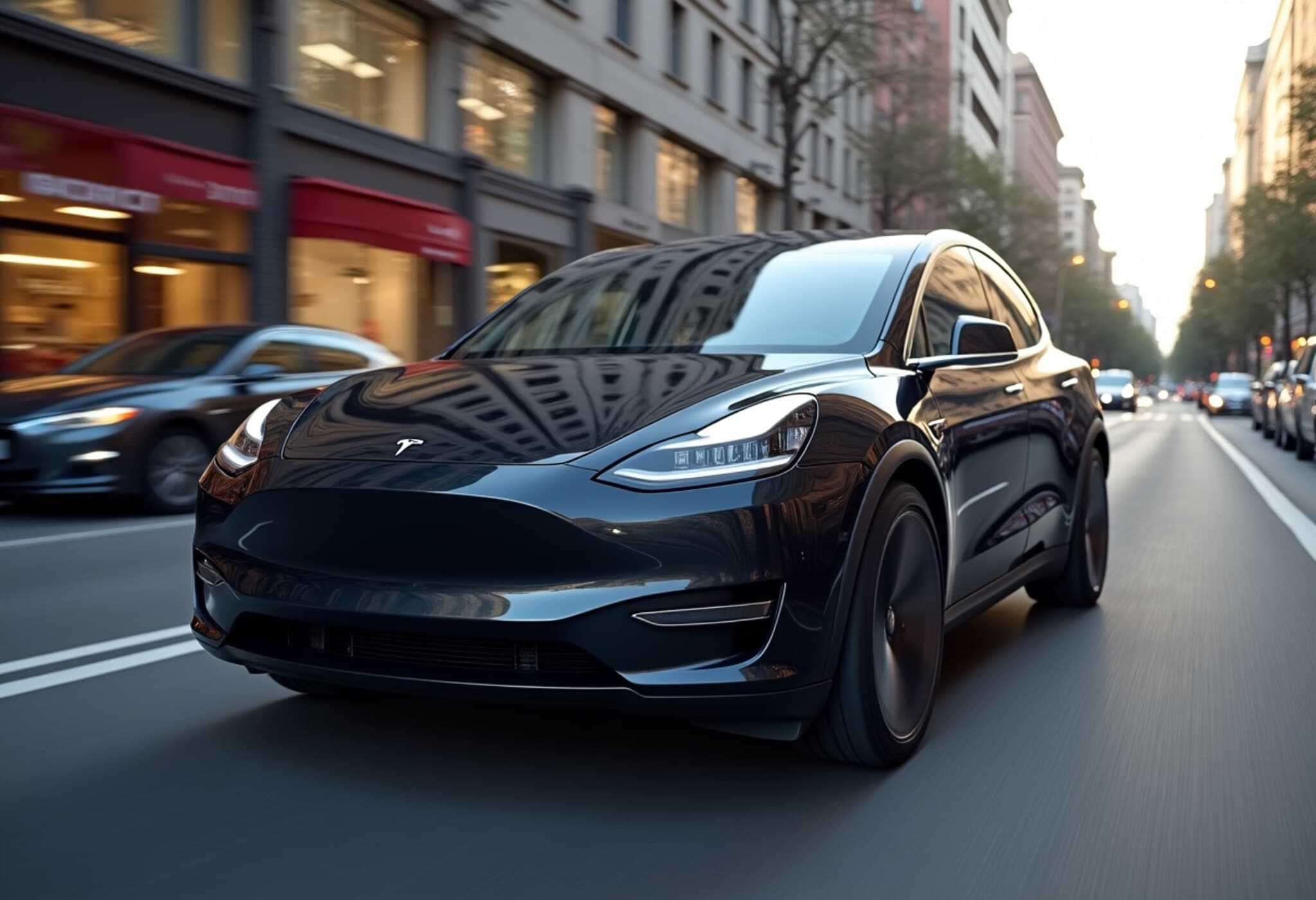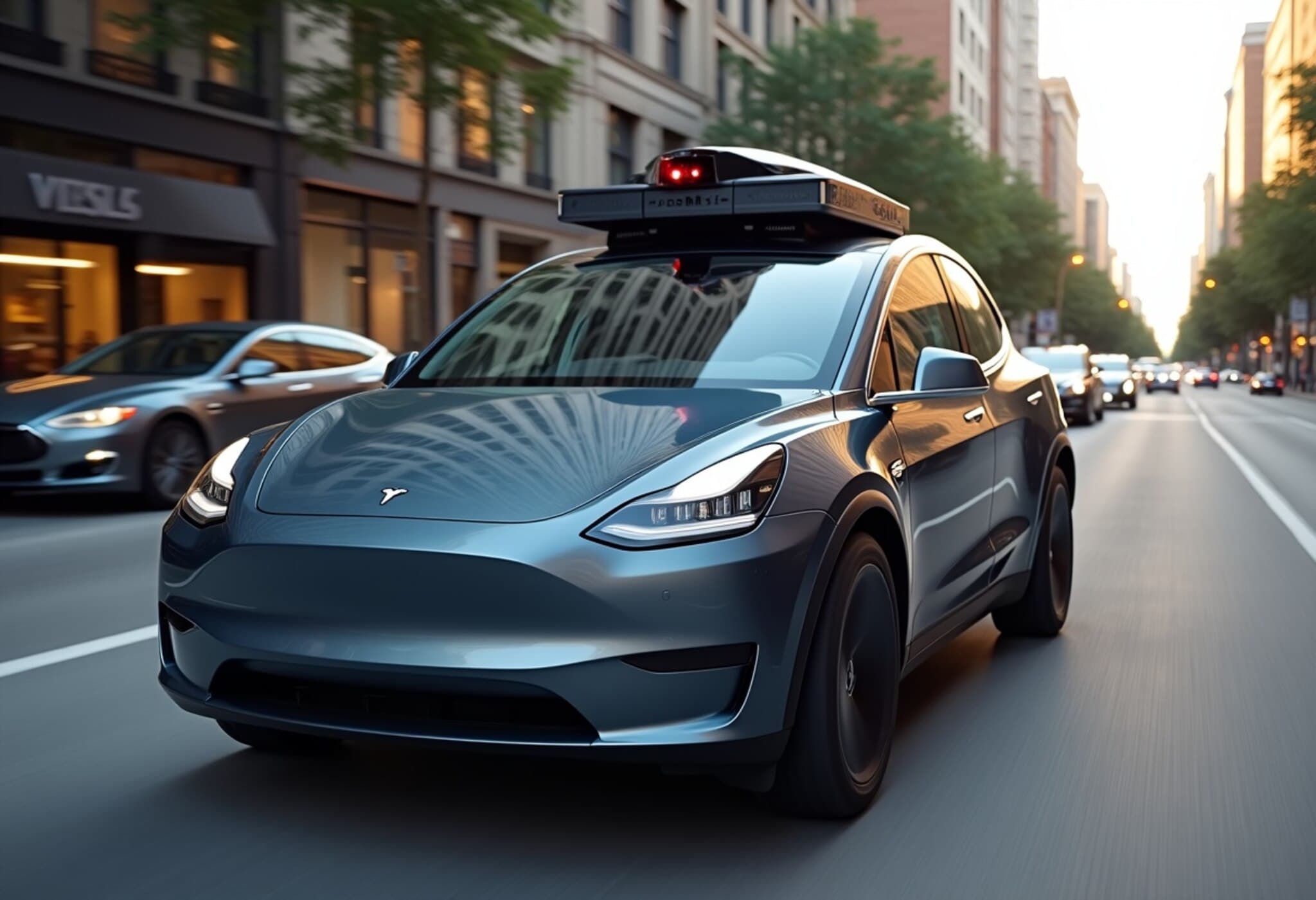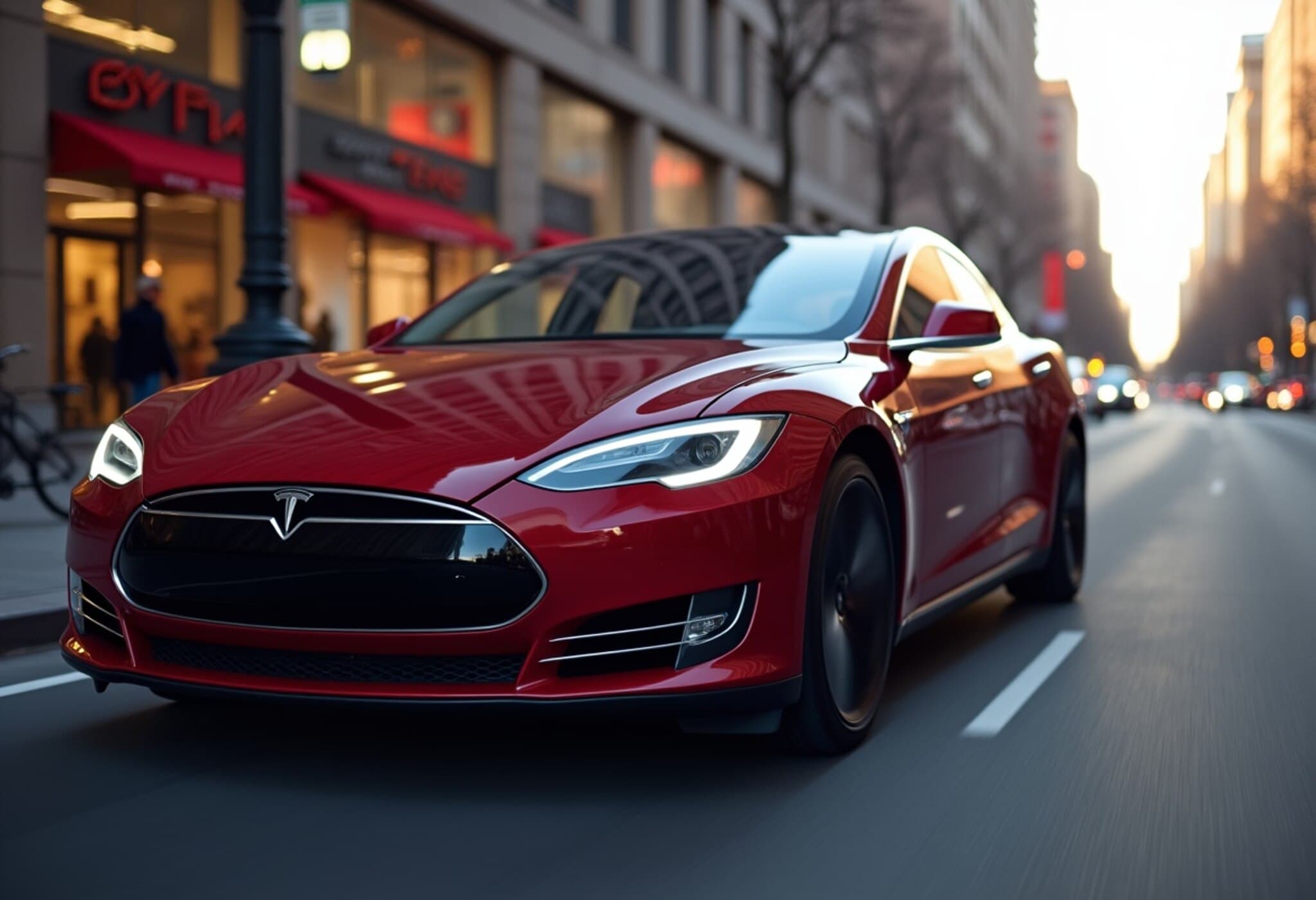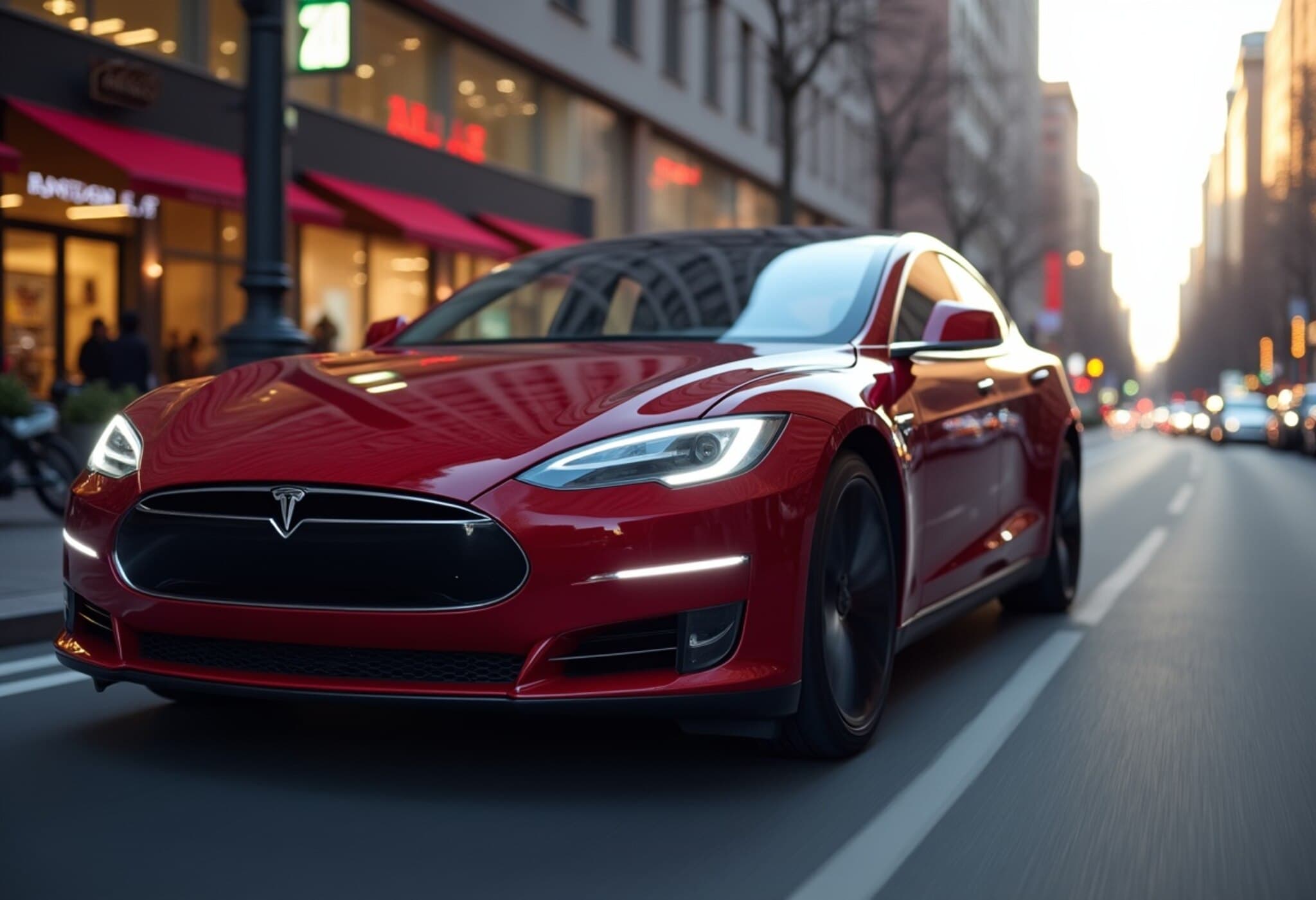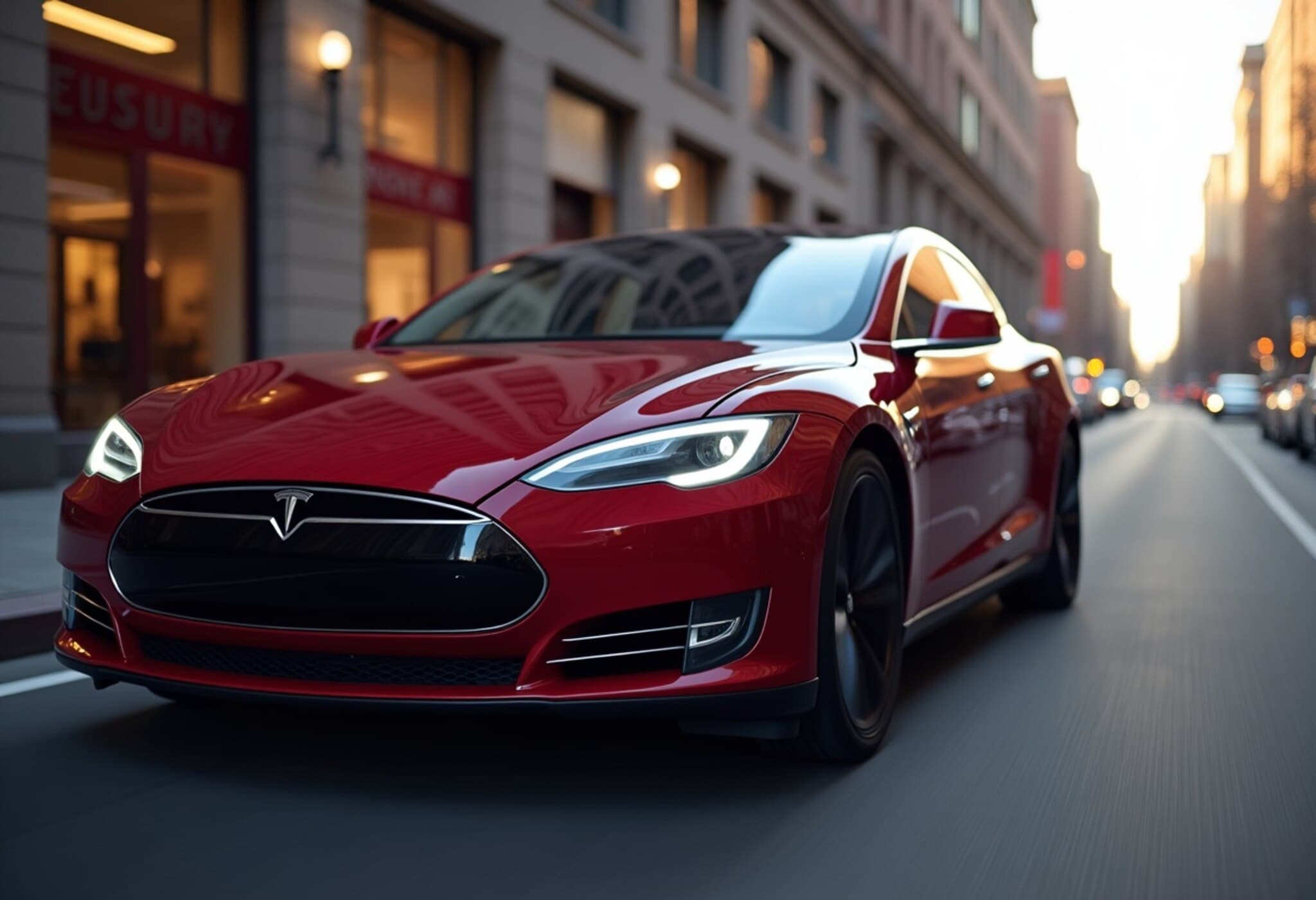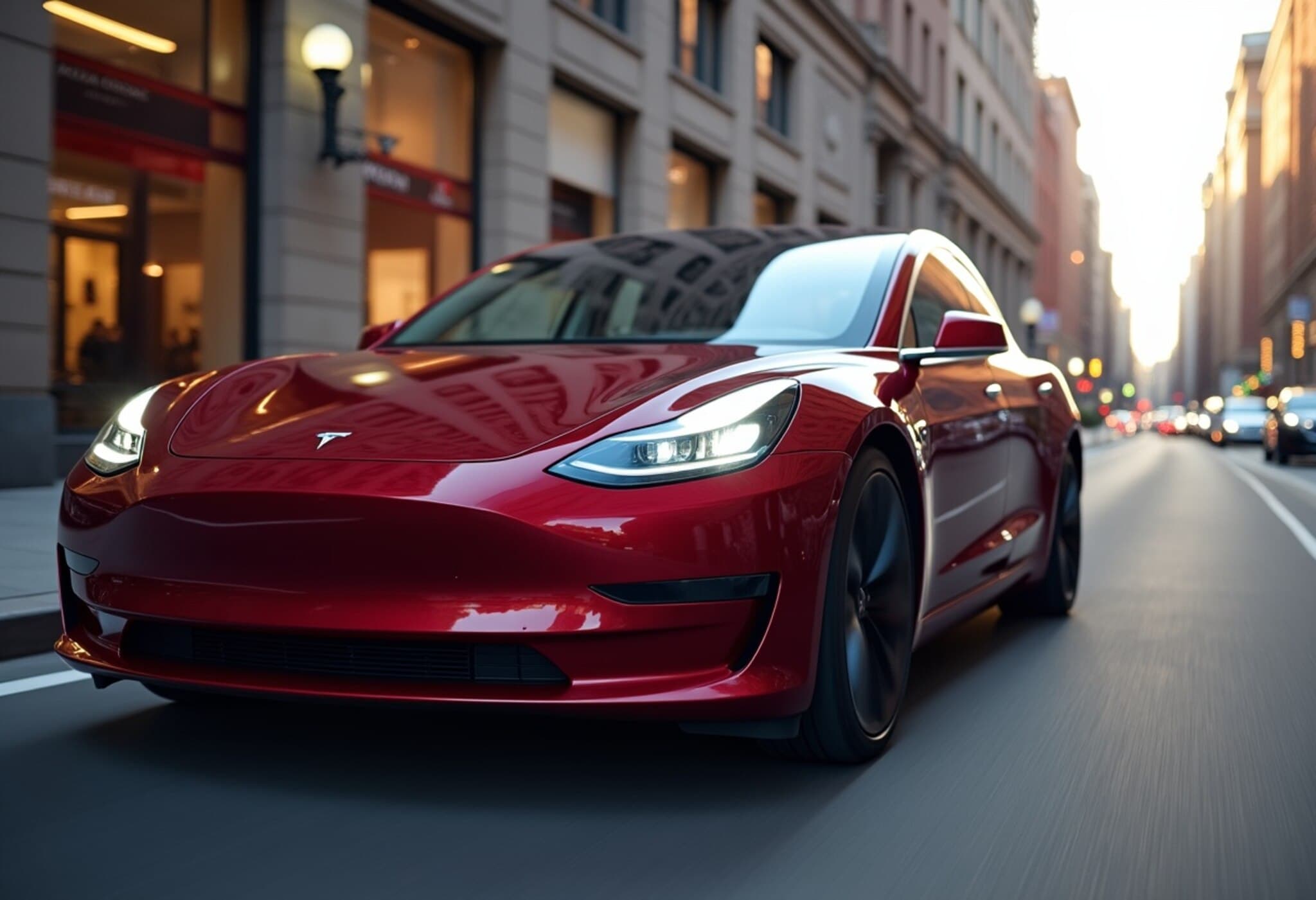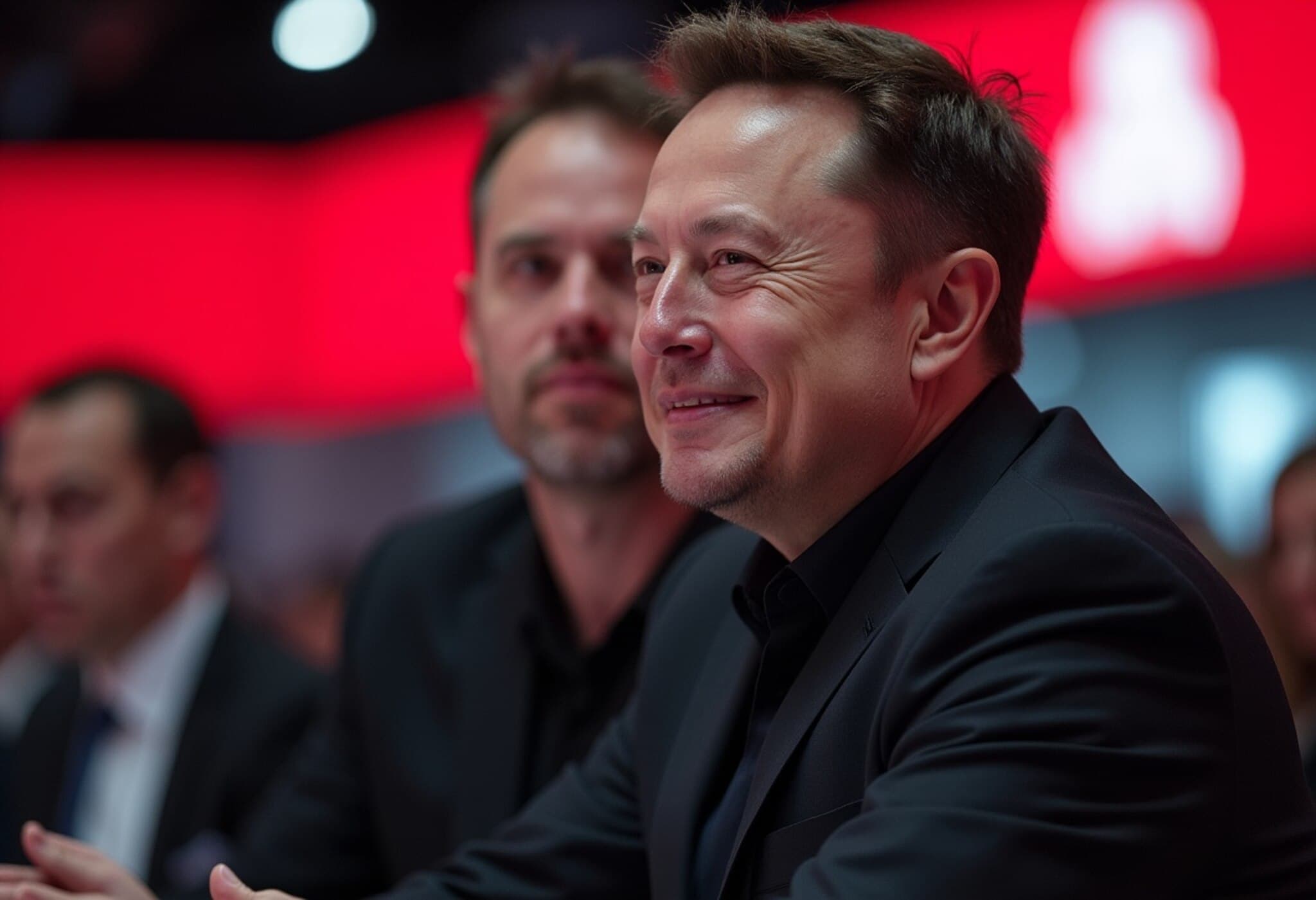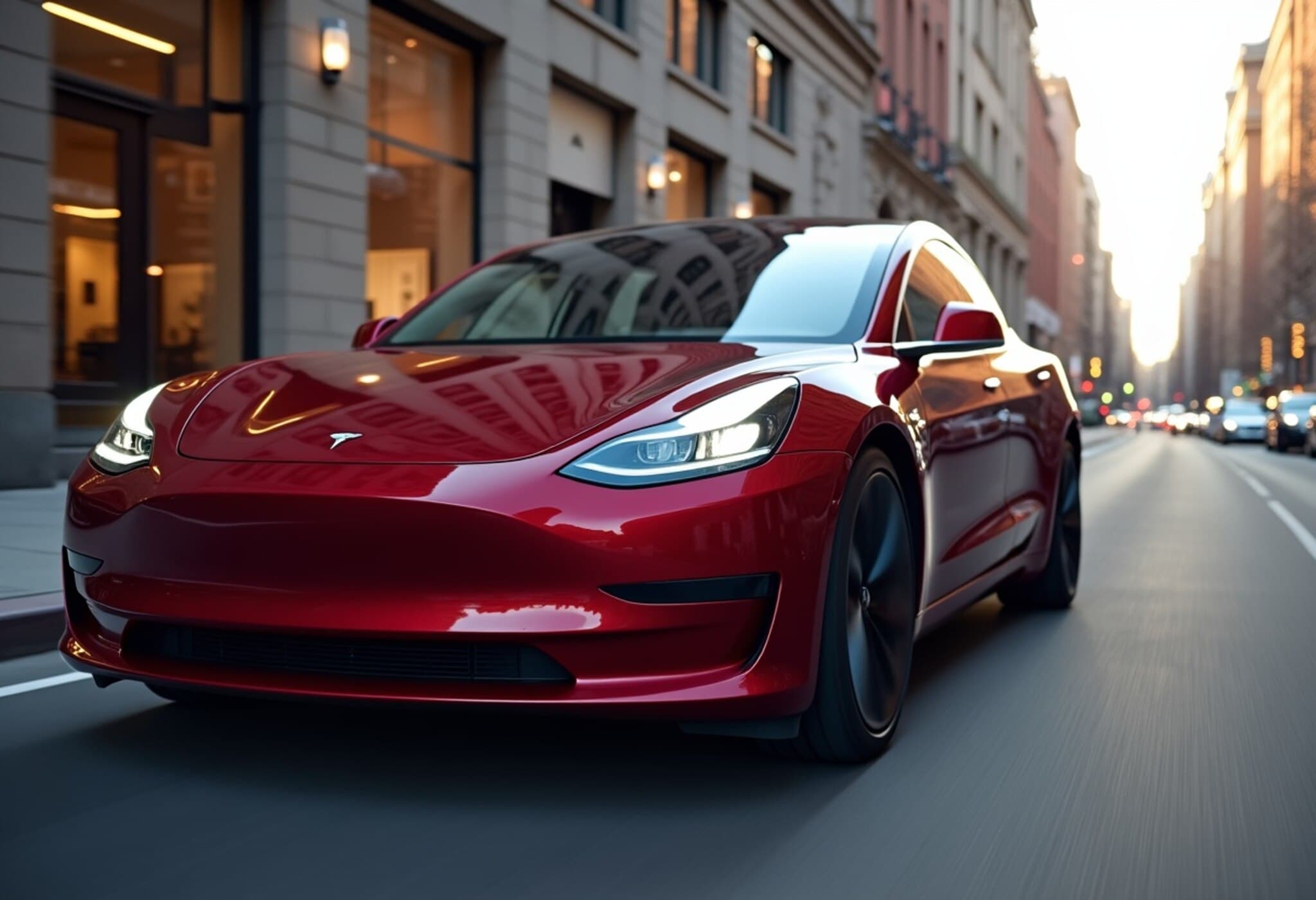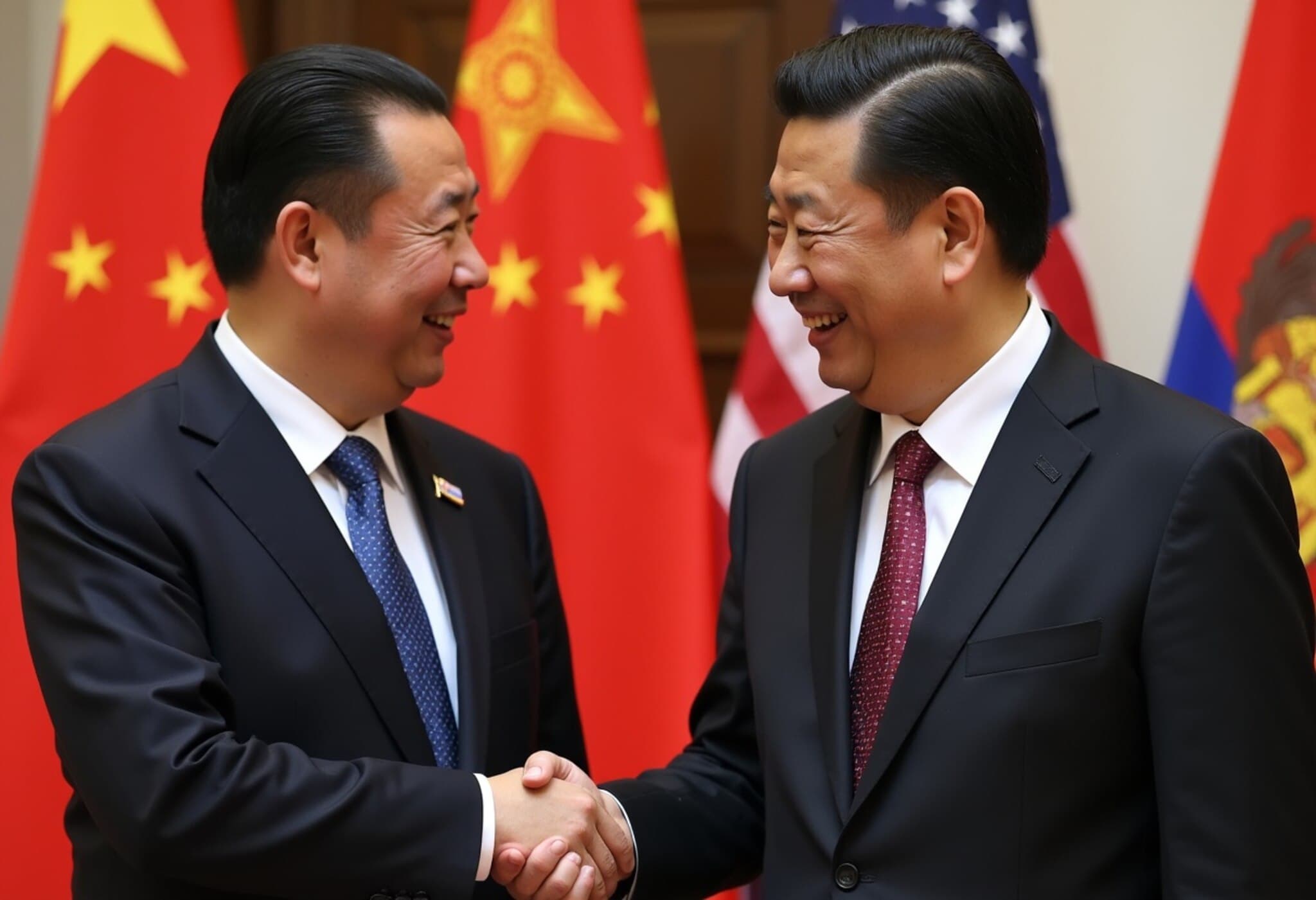Why Tesla’s Popularity Surges in Norway Despite Controversies
While Tesla’s reputation has faced headwinds across Europe due to CEO Elon Musk’s polarizing political stance, the electric vehicle (EV) giant continues to experience soaring sales in Norway, a country renowned for its electric car embrace. In June 2025, Tesla recorded a remarkable 54% year-on-year surge in new car sales in Norway, propelled largely by an astounding 115.3% increase in registrations of the revamped Model Y SUV, according to the Norwegian Road Federation (OFV).
This impressive growth follows an earlier spike in May, where Tesla’s new car sales jumped by over 200%, underscoring the American EV brand’s persistent dominance in the Norwegian market.
What Makes Tesla Model Y a Hit in Norway?
Christina Bu, secretary general of the Norwegian EV Association (NEVA), explains that while Tesla has been embedded in the Norwegian EV landscape for years, the upgraded Model Y offers particular appeal. "It delivers significant value for money and precisely caters to what Norwegian drivers prioritize," Bu tells CNBC.
Norwegian consumers favor vehicles that provide:
- Ample luggage space for active lifestyles
- High ground clearance suitable for varied terrains
- All-wheel drive capabilities for Nordic weather conditions
- Towing capacity with a hitch, essential for outdoor activities
Bu underscores that the Model Y’s competitive price point combined with these practical features position it perfectly within Norway’s EV ecosystem.
The Broader European Context: A Tale of Contrasts
Interestingly, Tesla’s growth story in southern Europe shows budding signs of recovery, with new registrations climbing 26% in Spain and 14% in Portugal. However, this upturn is not mirrored across the continent’s larger markets.
In Germany—Europe’s automotive powerhouse—Tesla sales declined by 14% year-on-year, while France recorded a 7% drop. Data from the European Automobile Manufacturers Association (ACEA) reveals Tesla’s new car sales have dipped for the fifth consecutive month across Europe as of May 2025.
Elon Musk’s Political Entanglements Spur Backlash
Tesla’s waning brand value in Europe is partly attributed to Musk’s outspoken political activities. Having invested nearly $300 million in former U.S. President Donald Trump’s 2024 campaign and actively engaging with conservative political causes, Musk’s involvement has sparked protests at Tesla dealerships and stirred unease among European consumers.
His alignment with Germany’s far-right Alternative for Germany (AfD) party ahead of the recent parliamentary elections intensified criticism and strained Tesla's image in key markets.
NEVA’s Christina Bu confirms that Norwegian EV buyers are not immune to these debates, sharing that 43% of over 15,000 EV drivers surveyed expressed reluctance to purchase Tesla vehicles on political grounds. Yet, despite this political pushback, Tesla’s firm hold on Norway’s market remains undiminished.
Norway’s EV Success: A Model for Sustainable Transportation
Norway’s enduring leadership in EV adoption is no accident. It is the fruit of rigorous policymaking that couples incentives with robust infrastructure investment. As the world’s leading electric car market per capita, Norway is on track to phase out internal combustion engine (ICE) vehicles entirely from new car sales.
Deputy Transport Minister Cecilie Knibe Kroglund tells CNBC, "Our success is driven by consistent tax exemptions, road and parking discounts, access to bus lanes, and comprehensive public charging infrastructure." These policies make EV ownership not just viable but advantageous for Norwegian drivers.
Moreover, the prevalence of home charging capabilities keeps EV use convenient and practical across urban and rural settings alike.
What the U.S. and Other Markets Can Learn
The Norwegian experiment highlights how intertwining sound government incentives with market-ready EV products tailored to local needs can accelerate sustainable transportation adoption. For policymakers and manufacturers in the U.S. and beyond, Norway’s example offers a blueprint: aligning vehicle features with cultural preferences while nurturing consumer goodwill through consistent policy support can build resilient EV markets, even amidst political headwinds.
Looking Ahead: Can Tesla Sustain Its Momentum?
While Norway remains a glowing hotspot for Tesla’s growth, the company’s broader European trajectory suggests challenges lie ahead. Balancing brand identity and leadership with shareholder appeal, without alienating politically conscious buyers, may require Tesla to carefully navigate its public persona.
As the automotive landscape rapidly evolves, and competition in EVs intensifies globally, Tesla’s ability to respond to regional preferences and socio-political sensitivities could be key to sustaining its market dominance.
Editor's Note
Tesla’s contrasting fortunes across Europe exemplify the complex interplay of product appeal, government policy, and corporate reputation. Norway's unwavering embrace of Tesla underscores how meaningful incentives and localized product-market fit can override political controversies. Yet, Musk’s political activism reveals the vulnerability of brand loyalty when leadership actions diverge from consumer values. Observers should watch how Tesla adapts its European strategy amid growing political scrutiny and intensifying EV competition globally.

